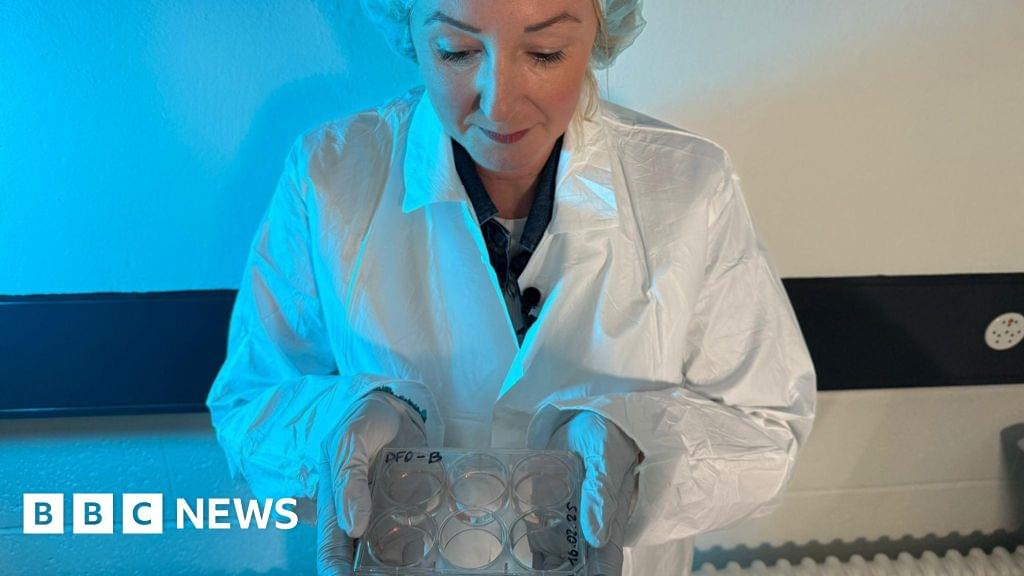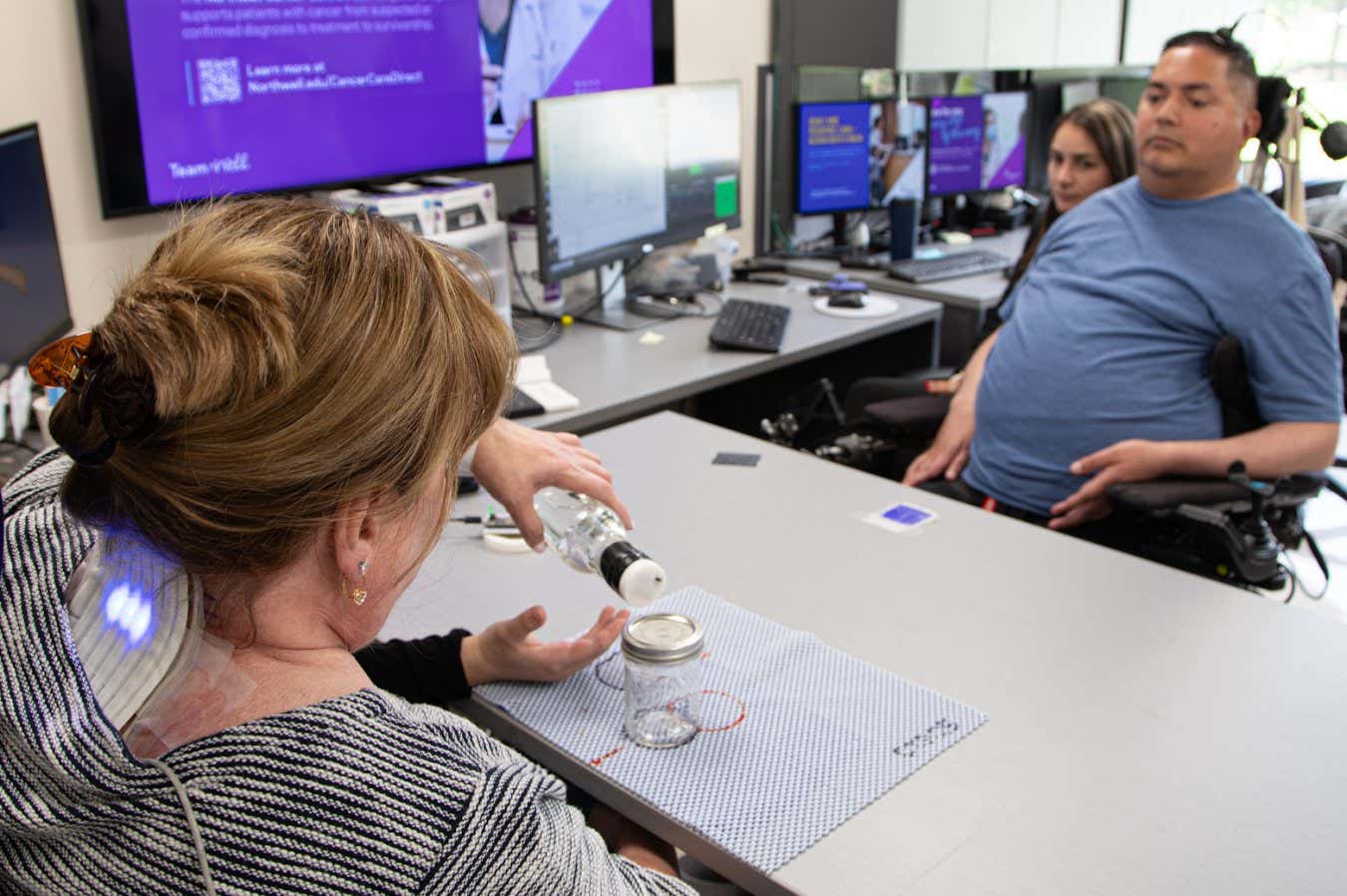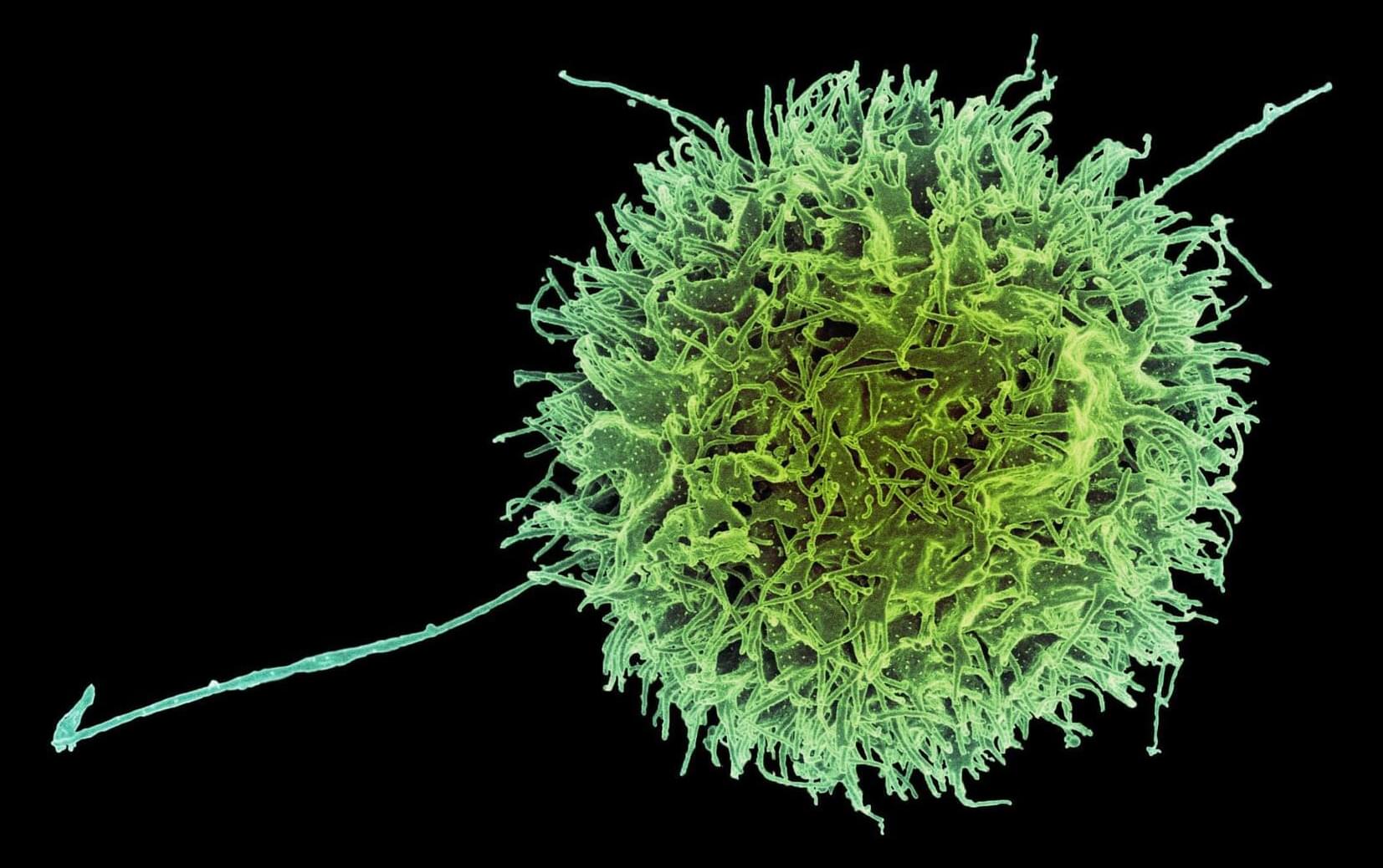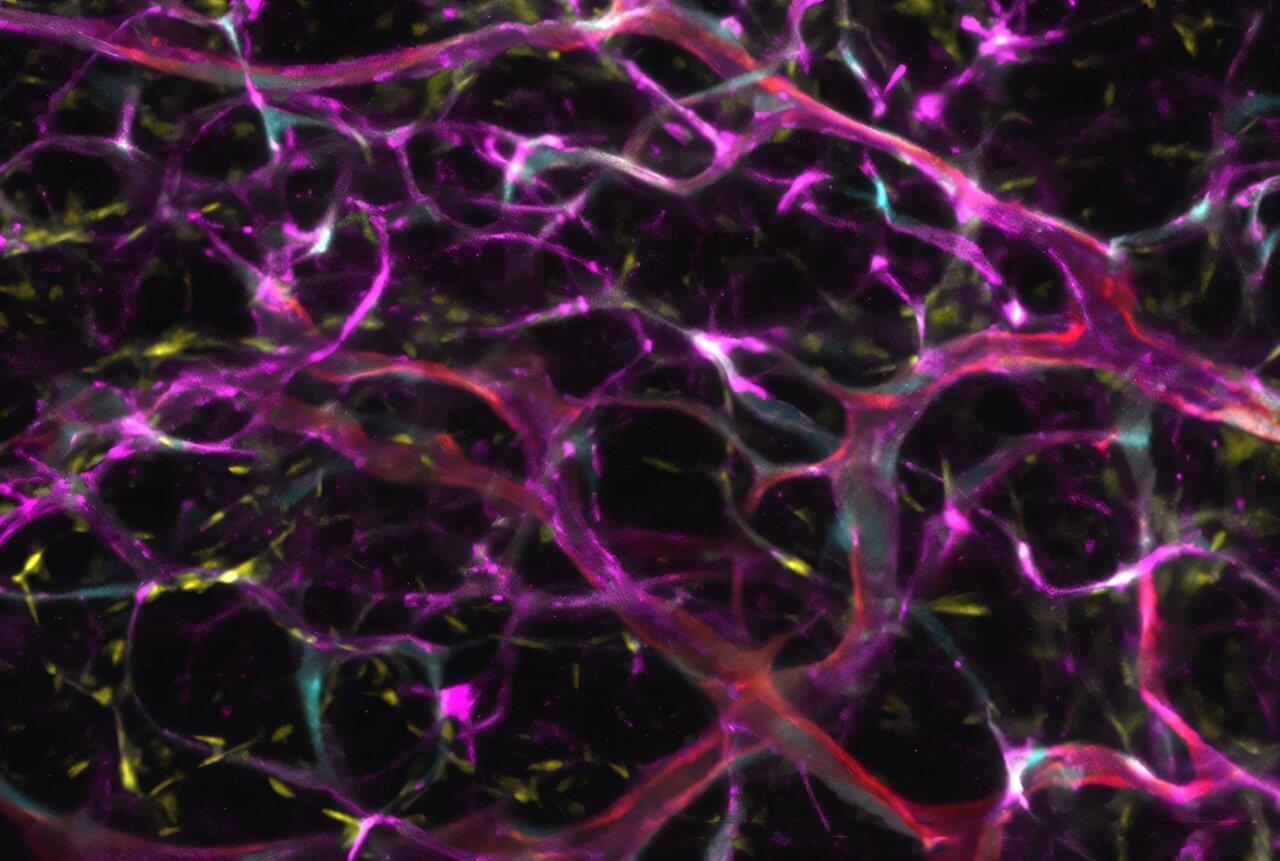“Cannabis is widely used, but its long-term effects on health remain poorly characterized,” said Sandra Sanchez-Roige, Ph.D., associate professor of psychiatry at UC San Diego School of Medicine and senior author of the study. The researchers were also interested in the relationship between genetics and traits that contribute to the development of cannabis use disorder, which can interfere with a person’s daily life.
“While most people who try cannabis do not go on to develop cannabis use disorder, some studies estimate that nearly 30% will,” said Sanchez-Roige. “Understanding the genetics of early-stage behaviors may help clarify who is at greater risk, opening the door to prevention and intervention strategies.”
The research team conducted a genome-wide association study (GWAS) analyzing relationships between cannabis use and genetic data provided by 131,895 23andMe research participants. They answered survey questions about whether or not they had ever used cannabis, and those who answered yes were also asked how frequently they used the drug.
“We’ve known for decades that genetic factors influence whether or not people will try drugs, how frequently they use those drugs, and the risk that they will become addicted to them,” said Abraham A. Palmer, Ph.D., professor and vice chair for basic research in the department of psychiatry at UC San Diego School of Medicine and co-author of the study. “Genetic tools like GWAS help us identify the molecular systems that connect cannabis use to brain function and behavior.”
“ — —
New research has found genetic associations between cannabis use and psychiatric, cognitive, and physical health. The findings could inform prevention and treatment strategies for cannabis use disorders.






